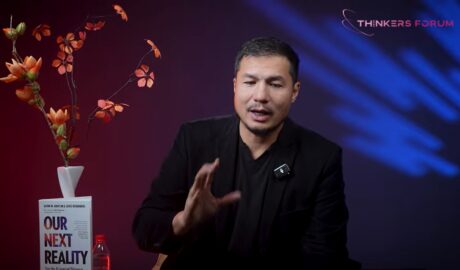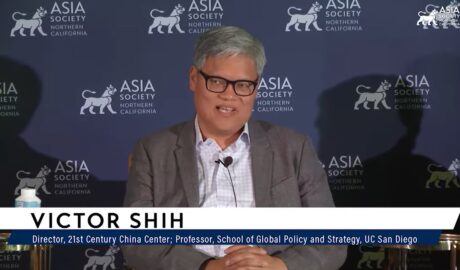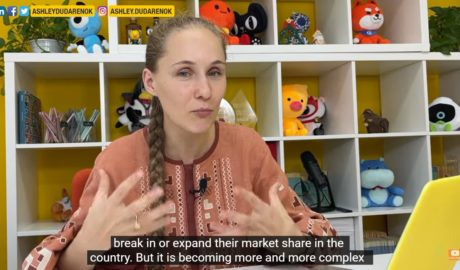China: one of the AI dark horses – Alvin Wang Graylin
Leading AI expert Alvin Wang Graylin, on the road to the World Economic Forum in Davos, discusses how China will be one of the AI dark horses to watch in 2026, as he tells at the Big Bang Tech Report. He points at Minimax, Moonshot, and Z.AI, and also on the hardware side, Huawei, he adds.Read More →












